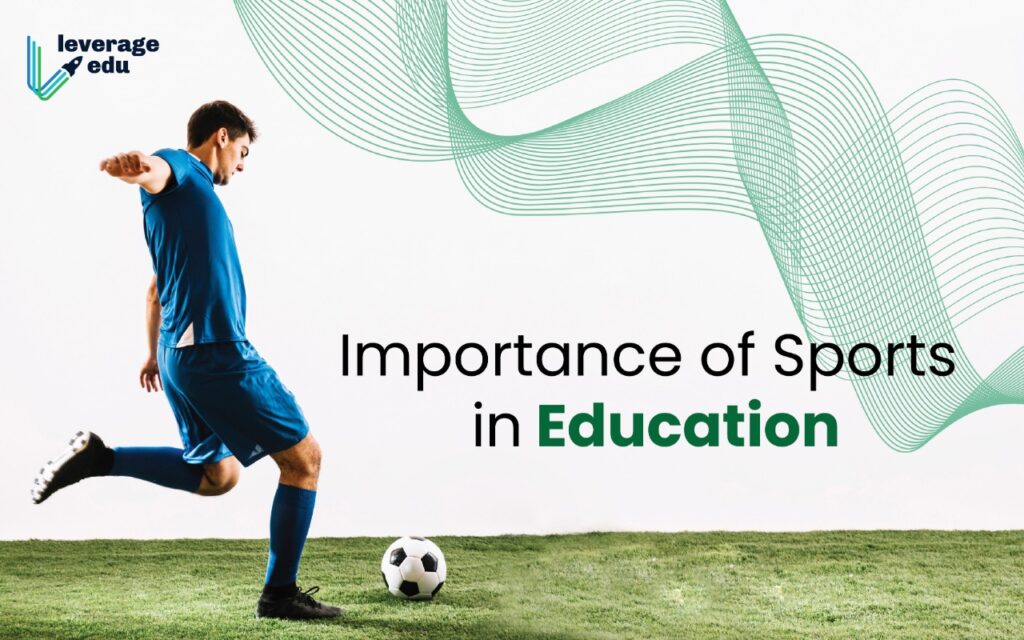School Education and Sports

School education and sports are essential components of many schools, helping to foster students’ social, emotional, and academic development. Furthermore, sports teach valuable values and life-skills necessary for responsible citizenship in our society.
Research has demonstrated that students who take part in school-based sports experience direct improvements in grades-based achievement and global self-esteem. However, this partially mediated relationship between school sports participation and academic achievement has yet to be explored in the literature. Thus, this study tested the hypothesis that a partial correlation between school sports participation and academic achievement might be explained by students’ positive body image perceptions (BIs) as well as their global self-esteem levels.
This study revealed that school sports participation does have a direct relationship with student academic achievement, but this relationship is largely explained by increases in students’ BI perceptions and global self-esteem. Furthermore, the correlation between school sports participation and grades-based achievement has an impact on how a student perceives their body weight image.
Physical Activity and Sport in Schools: Evidence Supporting the Benefits of Athletic and Performing Arts Activities
Participating in school athletic and performing arts activities has been linked to higher self-esteem, improved social and emotional well-being, higher grade point average, lower rates of drug use and teen pregnancy. Furthermore, those who take part in school sports tend to have fewer mental health issues and experience fewer instances of bullying as well.
According to a 2007 study conducted by the National Federation of High Schools (NFHS), students who participated in sports experienced lower rates of substance abuse, fewer criminal offenses and an enhanced sense of belonging to their community than their non-sporting peers. Furthermore, Betsey Stevenson at the University of Pennsylvania found that students who played team sports earned higher grades and graduated at higher rates than those without such privileges.
Education Through Sports: Promoting Respect, Responsibility and Empathy
Sport offers the unique opportunity to instill values such as fairness, teamwork, equality, discipline, inclusion, perseverance and respect into students while helping teachers deliver their curriculum effectively and cooperatively. At the same time, it develops skills that will allow them to become active citizens in an increasingly multicultural world.
Studies have also demonstrated that schools and extracurricular activities that emphasize academic aspects of a school curriculum have been linked to increased student engagement, positive attitudes toward school, and improved academic performance. Thus, schools need to be mindful when selecting co-curricular activities to maximize the benefits associated with participation in sports or performing arts events.
The Ideal School Education and Sports
While some may argue that schools are not the ideal places for sports, studies show school-sponsored sporting activities offer numerous benefits beyond athletics. One such benefit is increased college attendance and graduation rates for students of color; additionally, school sports may help reduce substance abuse problems and teen pregnancy among girls. Furthermore, participating in school-sponsored sports provides students with a chance to connect with others who share similar interests and have fun; many find involvement helps them form relationships and friendships with those with whom they share similar passions and interests.







